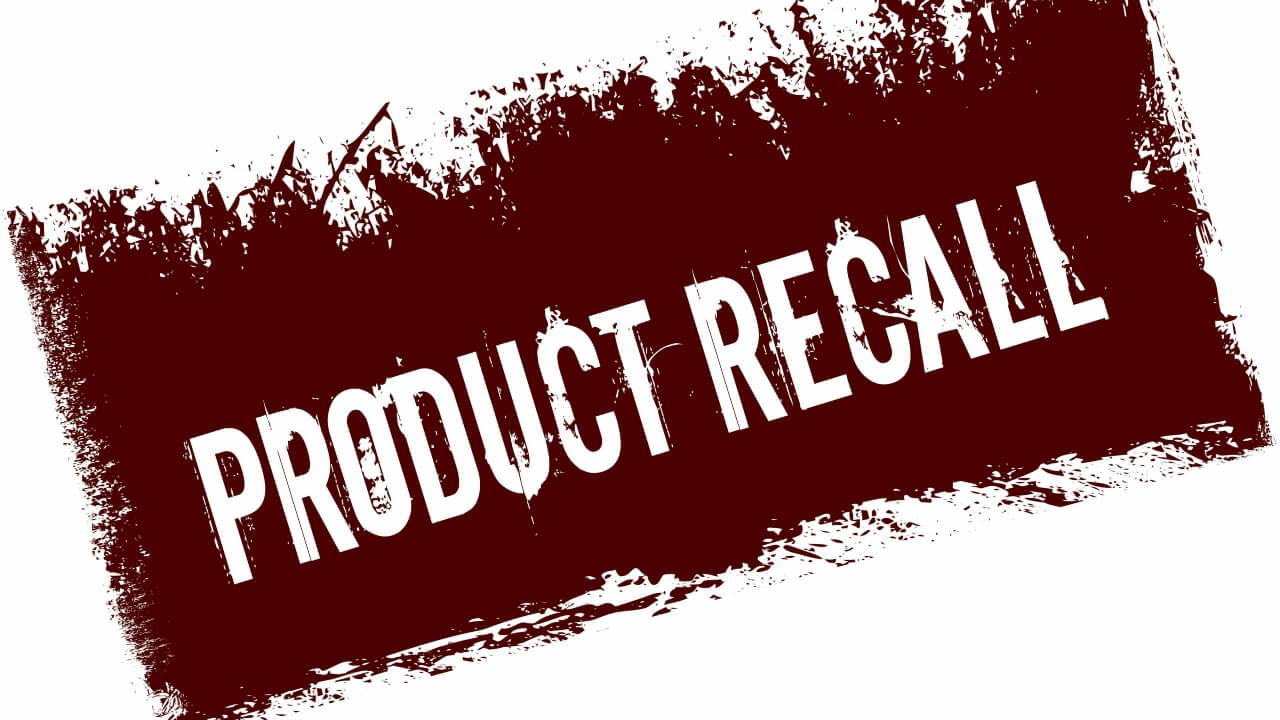California’s chief cannabis regulator on Wednesday morning released information about enforcement and consumer-safety efforts the agency initiated in 2024, a year marked by widespread accounts of pesticides and other contaminants found in commercial marijuana products statewide.
The Department of Cannabis Control (DCC) issued 481 embargoes last year, resulting in hundreds of thousands of marijuana products and raw materials removed from the supply chain until internal investigations deemed them safe or mandated their destruction, according to a news release.
“DCC is using every resource at its disposal to ensure cannabis products meet safety standards before they reach the marketplace,” the agency’s director, Nicole Elliott, said in a statement.
“We are constantly learning and refining our investigative and recall processes to make California’s market stronger and safer while building upon a compliance model that consumers can trust.”
This is the first time the agency has released embargo figures, MJBizDaily confirmed.
Recalls up amid pesticide outbreak
The DCC’s product investigations team in 2024 issued 63 recall notices that included 259 products, and nearly 25,000 individual units.
MJBizDaily in early June highlighted the department’s efforts in ramping up cannabis product recalls and health warnings to consumers, prompted primarily at the time by the presence of aspergillus, a fungus that can grow on cannabis plants.
Later that month, a report by the Los Angeles Times and WeedWeek highlighted the presence of pesticides in several regulated products.
That report was an important catalyst that led to more recalls, according to a source with direct knowledge of the agency’s structure and enforcement mechanisms.
The source said other factors that prompted more recalls included:
- Routine DCC visits to marijuana businesses.
- Abnormalities in the state’s product tracking system, Metrc.
- Internal investigations carried out by the agency’s environmental compliance and manufacturing safety branch.
The DCC issued only three product recalls per year in 2022 and 2023, according to MJBizDaily research.
Closing the gap
Recalls and other enforcement actions go through a cumbersome, painstaking process before they are issued, ensuring the orders can withstand regulatory scrutiny and potential legal challenges, the source told MJBizDaily.
Most industry recalls are issued several weeks to months after products hit the shelves or are purchased, according to an MJBizDaily analysis of recalls last year in California, Colorado, Massachusetts, Michigan and New York.
The DCC, according to the source, is prioritizing closing that gap through timely lab testing confirmations, the launch of Metrc’s Retail ID and other stress testers, including analyzing timelines and delays.
The regulator issued 366 disciplinary actions against licensees in 2024, including 230 license suspensions and 73 permit denials or revocations.
Testing labs, which allegedly played a role in THC potency inflation, questionable methodology and inaccurate or altered results, were involved in 21 disciplinary actions, including four license revocations and/or denials, and three permit suspensions.
At any given time, more than 30,000 cannabis products and 100 million units are in the supply chain in California, the world’s largest regulated market.
Chris Casacchia can be reached at chris.casacchia@mjbizdaily.com.
2024 MJBiz Factbook – now available!
Exclusive industry data and analysis to help you make informed business decisions and avoid costly missteps. All the facts, none of the hype.
Featured inside:
- Financial forecasts + capital investment trends
- 200+ pages and 49 charts highlighting key data figures and sales trends
- State-by-state guide to regulations, taxes & market opportunities
- Monthly and quarterly updates, with new data & insights
- And more!
Medical Disclaimer:
The information provided in these blog posts is intended for general informational and educational purposes only. It is not a substitute for professional medical advice, diagnosis, or treatment. Always seek the advice of your physician or other qualified healthcare provider with any questions you may have regarding a medical condition. The use of any information provided in these blog posts is solely at your own risk. The authors and the website do not recommend or endorse any specific products, treatments, or procedures mentioned. Reliance on any information in these blog posts is solely at your own discretion.






